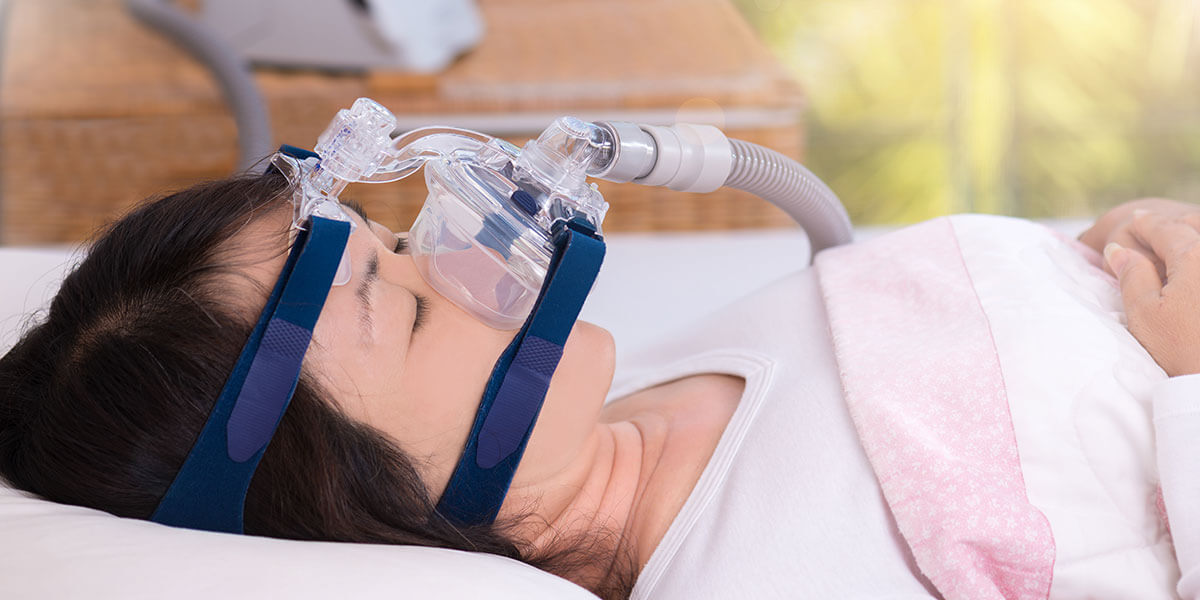Sleep Apnea Treatment in St. Louis, MO

Ballas Dental Care provides sleep apnea treatment in St. Louis, MO. Call 314-432-5544 to learn more and schedule your appointment.
Obstructive sleep apnea may be affecting your quality of life without you even realizing it. During sleep, breathing becomes shallow or even pauses as a result of this sleep disorder. Your body is jolted out of restorative deep sleep each time this happens—and it can occur hundreds of times each night. You might occasionally wake up gasping or choking, but in most cases, you have no conscious memory of waking. Instead, no matter how much sleep you get, you never feel well-rested in the morning and this tiredness persists throughout the day.
Sleep apnea is caused by the soft tissues in the airway tissues relaxing during sleep and impeding normal airflow, resulting in snoring and pauses in breathing. In order to treat sleep apnea, these soft tissues must be prevented from obstructing the airway.
Sleep Apnea Treatment Options
Solutions for sleep apnea include:
Lifestyle Changes
Obesity is one of the most common causes of obstructive sleep apnea. Losing weight often reduces the excess soft tissue in the airway, resulting in better breathing during sleep.
Oral Appliance Therapy (OAT)
Oral appliance therapy is a highly successful, non-invasive treatment option for mild cases of sleep apnea. A custom-fitted oral device is used to reposition the lower jaw and tongue during sleep. The soft tissues that cause obstruction are engaged, or tightened, preventing pauses in breathing.
Continuous Positive Airway Pressure (CPAP)
Patients with moderate to severe sleep apnea may benefit from a CPAP machine. This treatment works by applying constant pressure to the airway to keep it open during sleep. CPAP machines can be uncomfortable for some patients, which is why we recommend OAT as a first line of treatment.
Sleep Apnea Surgery
Surgery can be used to realign the lower jaw, tighten or remove excess soft tissues in the airway, or expand breathing passages. These procedures are only used for patients with sleep apnea that hasn’t responded to other treatments.
Frequently Asked Questions About Sleep Apnea
What are the warning signs of sleep apnea?
Daytime sleepiness, snoring, pauses in breathing during sleep, waking up gasping for air, dry mouth, sore throat, headaches upon awakening, and difficulty concentrating are some of the warning signs of sleep apnea.
How do you fix sleep apnea?
Treatment for sleep apnea varies from person to person; what works for one patient may not work for another. Before recommending CPAP therapy or surgery, we begin with the least invasive treatment options, like OAT.
What happens to your body when you have sleep apnea?
Sleep apnea, if left untreated, can impact your health, increasing your risk of cardiovascular disease and causing mood disorders like depression and anxiety. To perform at its best, your body needs at least 8 hours of restorative sleep each night.
How do dentists treat sleep apnea?
Dentists have in-depth knowledge and training in the anatomy of the jaw, giving us a unique perspective on sleep apnea treatment. Before turning to invasive solutions, we're more likely to employ a conservative strategy like oral appliance therapy to reposition the lower jaw and keep the airway open during sleep.
